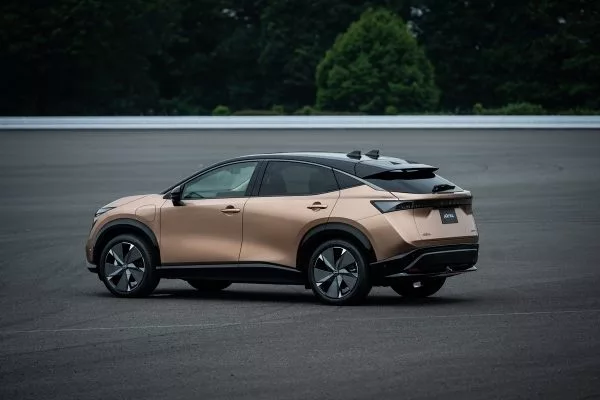Recent times have witnessed Honda’s return to the electric vehicle (EV) realm, this time through a noteworthy partnership with General Motors. This collaboration birthed the Honda Prologue, an electric car crafted upon GM’s Ultium platform and batteries, sharing space with the Cadillac Lyriq in the manufacturing hub of Spring Hill, Tennessee. Alongside, an Acura electric model is anticipated, but the partnership seems to have dimmed, with the companies exploring EV solutions independently.
Honda’s Ambitious Battery Production and the Sony Alliance
Beyond partnerships, Honda has declared an impressive $14 billion investment pledge for crafting EV batteries in Canada, though follow-up reports remain sparse. In a complementary strategy, the Japanese automaker has also teamed up with Sony, hinting at a merge of automotive and gaming pleasures through their forthcoming “Afeela” electric vehicle.
Honda and Nissan’s Memorandum of Understanding on EVs
Collaborating Against the Clock
Honda has recently broadened its alliance horizon by forming a memorandum of understanding (MOU) with Nissan, with aims to jointly develop electric vehicles and accompanying technologies. Despite the non-binding nature of this MOU, it underscores a mutual urgency to innovate, as both CEOs emphasize the critical need for speed in this competitive industry, surrounded by dynamic and aggressive new players.
Japan’s Missed Opportunity for a National Champion
In the backdrop of these alliances, an intriguing historical note surfaces: Japanese officials once posited a merger between Honda and Nissan to forge a national automotive champion, though this idea was swiftly dismissed. Now facing robust competition, especially from China, the two automakers find themselves at a critical juncture, where cooperation could spell survival.
The Air of Desperation Surrounding Nissan
Nissan’s journey has been one of early promise but subsequent struggles. Despite pioneering with its LEAF model, Tesla’s dominance and technological missteps like passive air cooling left Nissan lagging. The Ariya SUV attempted to rectify past issues yet failed to resonate with consumers. Nissan also navigated a tumultuous relationship with Renault, exacerbated by the arrest of Carlos Ghosn, creating rifts and redirecting Renault’s focus towards Europe’s electric car market.
As the auto industry evolves with prospects like solid-state batteries and geopolitical tensions over raw material sourcing, companies endeavor to stay ahead. Northvolt’s “breakthrough” in sodium-ion battery technology presents an alternative to the Chinese-dominated lithium supply, illustrating the continuous push for innovation.
Concluding Thoughts: Honda’s Uncertain Trajectory
Honda’s stature as an esteemed and reliable brand has been unsettled by its fluctuating approach toward electric vehicles, mirroring similar indecisiveness from Nissan. Both giants seem to grapple with the market currents, each seeking a solid foothold. The hope remains for Honda to transcend announcements, engaging earnestly in the EV revolution with vehicles that captivate and innovate. Still, doubt lingers as to whether this aspiration aligns with the harsh realities of today’s automotive landscape.


























